The Dark Side Of Social Media: An Inevitable New Service
This post is by Christina Mozaffari, vice president for Phillips Media Relations.
Social media is a double-edged sword. On the one hand, there’s an expectation that we maximize the amazing tools available to us to interact personally with customers and people we want to influence. However, these personal interactions also create plenty of room to get into trouble, and your tweets, posts, and comments never disappear.
Now, there’s even more reason to be cautious of what you say online. Last week, Politico Playbook mentioned a new opposition research firm called Shield Political Research. Its selling point? They analyze political staffers’ online media presence. From the company’s website:
“Many of the men and women who will staff and lead campaigns this cycle are from a generation in which virtually their entire adult lives —for better or worse —are reflected on social media accounts.
Shield will examine these social media accounts—Facebook, Twitter and Instagram, among other sites—and flag any potential sources of trouble, including questionable photos, comments, tweets, ‘likes’ or followed feeds.
Our methods go beyond simple searching, using triangulation, archived pages and social-web analysis to guarantee we capture a full picture of the staffer’s social media footprint.”
Frankly, I’m surprised it took this long for somebody to advertise the service specifically for political staffs, because staffers’ social media accounts have caused trouble in the past for countless politicians.
Take, for example, when a Facebook photo was discovered of then President-elect Barack Obama’s speechwriter, Jon Favreau, partying with and groping a cardboard cutout of the woman who would be the administration’s secretary of state, Hillary Clinton. While Favreau wasn’t fired, the photo certainly provided an unwanted distraction for the new administration and gave the impression the soon-to-be president’s inner circle might not be ready for primetime.
Politicians aren’t the only ones bitten by the offensive social media bug. Last month, a part-time Yankees ticket salesman was fired for tweeting vulgar comments about Curt Schilling’s daughter, and earlier this year, a Texas teen was fired before she even started her job for cursing and complaining about the work on Twitter.
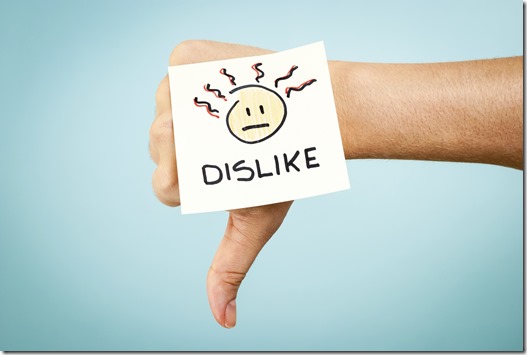
What can you learn from this?
1. Your organization needs a social media policy.
If you don’t have one, create one, sooner rather than later. Gini Dietrich, founder and CEO of Arment Dietrich, urges companies to be thorough and detailed when it comes to developing the policy. She wrote:
“Be specific about what constitutes racism, sexism or harassment so people know what could get them fired. Get your HR, legal and communications people involved in creating the policy.”
2. Make sure your employees know that nothing in their social media world is private.
That little disclaimer line, “Tweets/posts reflect my personal opinion and not that of my employer” are meaningless.
3. Know your rights as an employer.
Can you fire somebody for inappropriate tweets? The National Labor Relations Board has weighed in on the topic and the law can be tricky. According to legal information site HG.org:
“Workers can vocalize, either in person or via social media, their sentiments and concerns regarding an employer without fear of losing their job… but only if they are discussing these concerns with other workers… If it is just one person vocalizing their own personal frustrations, it is not concerted, it is just complaining, and a firing is legal.”
So while being active on social media can be beneficial, Dietrich sums up what should be your guiding principle smartly, writing, “Don’t ever put something online you wouldn’t want your boss, grandma, kids or customers to see.”
Christina Mozaffari, a former journalist with NBC News, is the vice president for Phillips Media Relations.
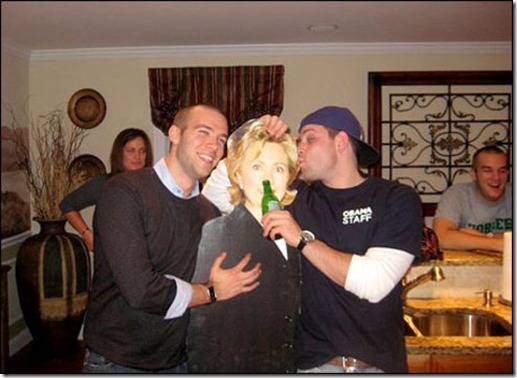
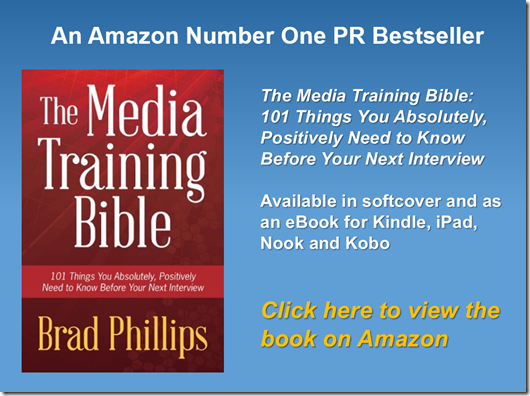
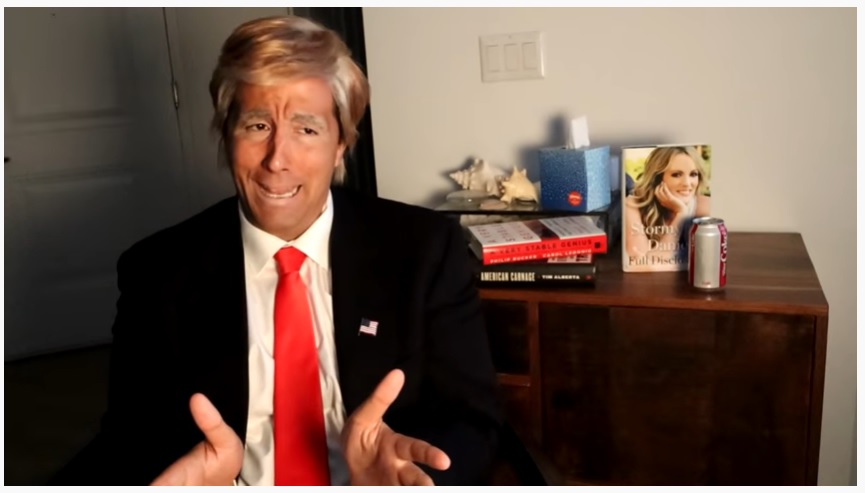
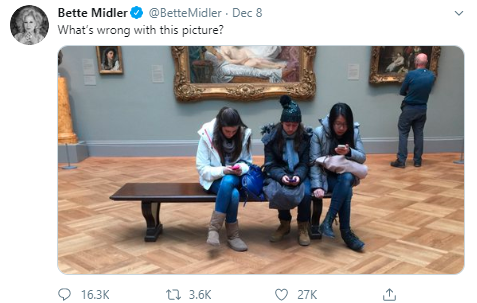
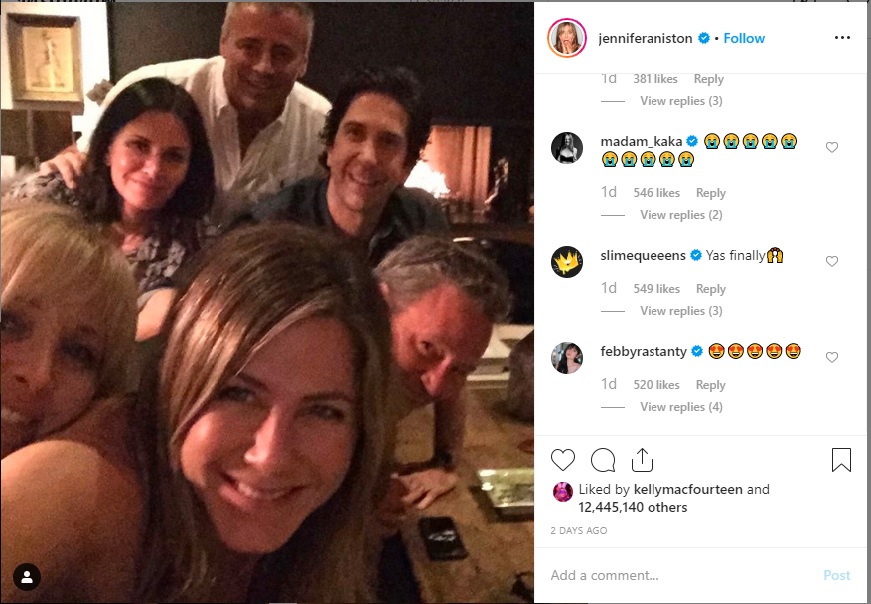
Re: #3: I’ll try to recall the exact case, but someone was fired for ranting in Facebook. The person sued but eventually lost.